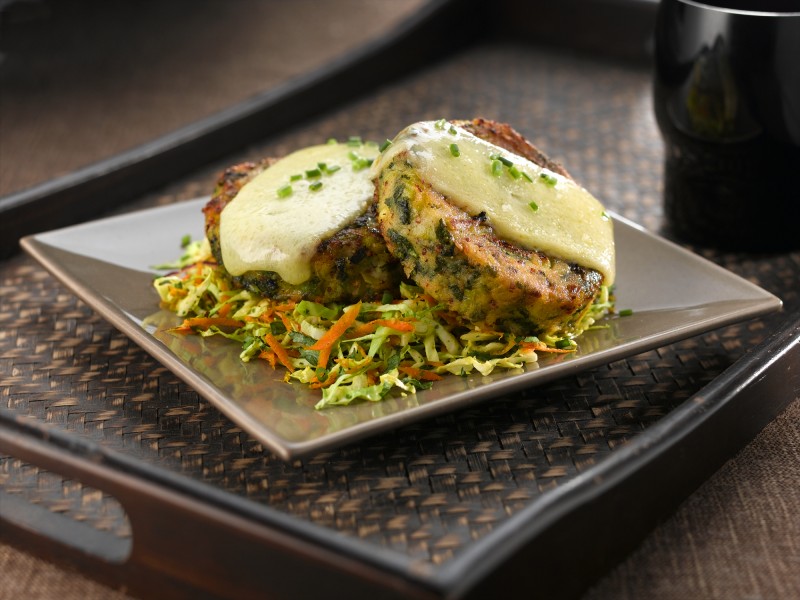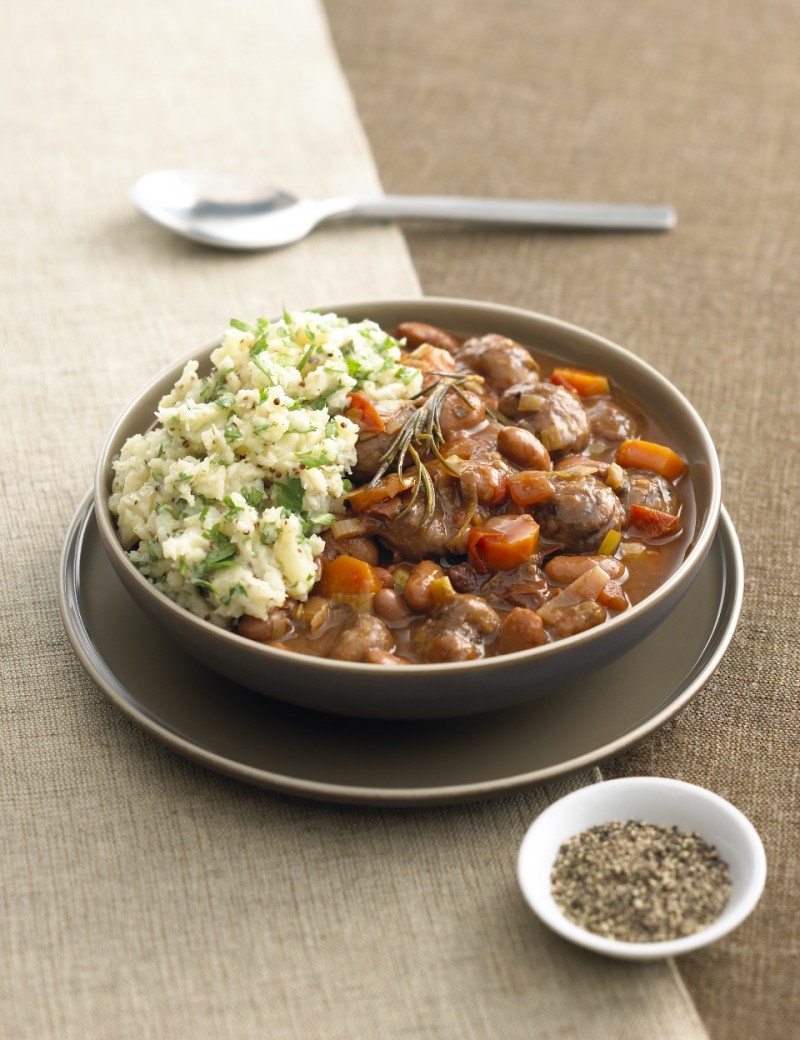To celebrate Nutrition and Hydration Week, V for Life Chief Executive, Amanda Woodvine, has given her top tips on the best nutrient-rich food and drinks for older vegans and vegetarians.
Amanda said: “Nutrition and Hydration Week is a great way of ensuring and reminding people about the importance of providing nutrient-packed food and drinks to older vegetarians and vegans.
“It is important for all of us – including vegans or vegetarians – to be given a balanced diet. It can be simple to do with just a few basic items in your kitchen and pantry.
“Appetite might decrease as we age, potentially leading to malnutrition or weight loss, so it can be helpful to increase the protein and energy content of meals. Below I have outlined ingredients commonly used to enrich meals that are generally suitable for vegetarians. There are also some examples of vegan fortification agents.”

Sources of plant-based nutrition:
- Include plenty of fruit, vegetables and starchy food (ideally higher fibre).
- Beans, lentils, chickpeas, tofu, soya alternatives to milk and yoghurt and nuts are good sources of protein.
- Calcium-fortified milk- and yoghurt-alternatives, and bread and calcium-set tofu, are good sources of calcium.
- Walnuts, ground linseed, chia seeds and hemp seeds are rich in omega-3 fat.
Some nourishing options:
- Soya alternatives to meat, yoghurt, milk and custard.
- Cooked breakfasts: baked beans, vegan sausages.
- Sandwich/wrap fillings: butter bean and herb spread, peanut butter and jam, falafel, vegan sausages, hummus.
- Desserts: fortified vegan jelly, rice pudding or fruit pie/crumble/cake with soya cream/custard/dessert/ice cream.
- Snacks: vegan muffins/cakes/flapjacks, milk-free sandwich biscuits, cereal, toast/oatcakes with peanut butter and jam, soya dessert/yoghurt.
- Drinks: vegan hot chocolate, smoothies and fortified soups.
Food fortification for vegans
Appetite might decrease as we age, potentially leading to malnutrition or weight loss. It can be helpful to increase the protein and energy content of food. Foods items commonly used to enrich food are generally suitable for vegetarians. Below are some examples of ways to fortify food for vegans:
- Smooth peanut butter or other nut butters can be added to savoury dishes, puddings or milkshakes.
- Soya cream, dairy-free spread or plant milks can be added to mashed potato or soups.
- Silken tofu can be added to savoury or sweet dishes.
- Vegan cheese or vegan mayonnaise alternatives are easily available.
- Soya protein powder and pea protein powders can be used as an alternative to whey protein powders.
Good sources of protein for vegetarians and vegans on soft or puréed food diets:
- Pulses (peas, all types of beans, tofu, lentils)
- Nuts and seeds and their butters
- Eggs and dairy products (for vegetarians, not vegans)
- Mock meats and grains (if eaten)
- These foods can be ground, puréed, mashed or grated and used to bulk up other foods. For example, pulses can be added to soups, curries and stews, and then blended.
- Silken tofu, or ground nuts or nut butter can be added to soups or smoothies.
- Nut and seed butters (e.g., peanut, tahini, cashew) add creaminess to soups and stews.
- Peanut butter works well in chilli and, of course, satay sauce.
Top tips:
- Presentation is key: think about how the food will look on the plate. A mix of colour will be more appealing and will help the body know it’s hungry. Using the ‘Rainbow Plate’ idea not only adds colour but also increases essential nutrients.
- Think small. A little and often approach is helpful for those with a small appetite.
- Choose white pasta, white rice, white bread instead of wholegrains because they’re less filling.
- Not all vegetarians and vegans will enjoy meat alternatives. To find out a resident’s food preferences just ask!
- A vegetarian or vegan recipe can be enjoyed by meat eaters too!
- Drinks not only hydrate but can provide much needed calories too. Serve vegan hot chocolate made with plant milk at supper time or smoothies and milkshakes at snack times.
- Have water readily available throughout the day. Adding sugar-free squash may help people drink more.
- Ensure your menu is appealing to your residents and caters to their likes and dislikes where possible. You could even ask them to share their favourite recipe and make it for them or get them in the kitchen to help.
- Smoothies or milkshakes can be frozen into ice lollies on warmer days to help add interest to the diet and help hydrate.
- Sweet treats are often appealing and a good way to add calories for those with small appetites. Serve cakes and biscuits at snack times or popular puddings such as apple crumble or sticky toffee puddings served with (vegan) custard or ice cream.


